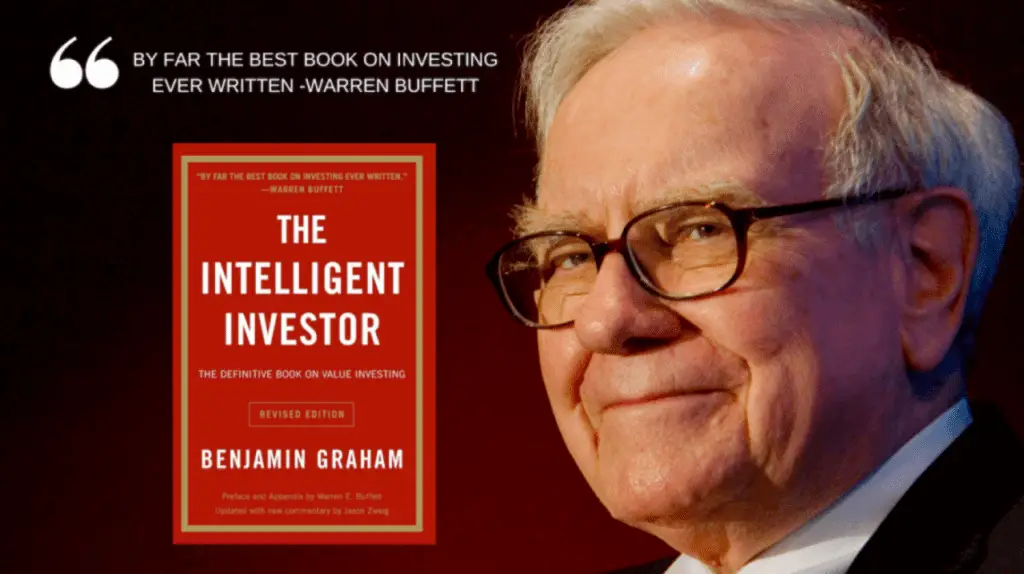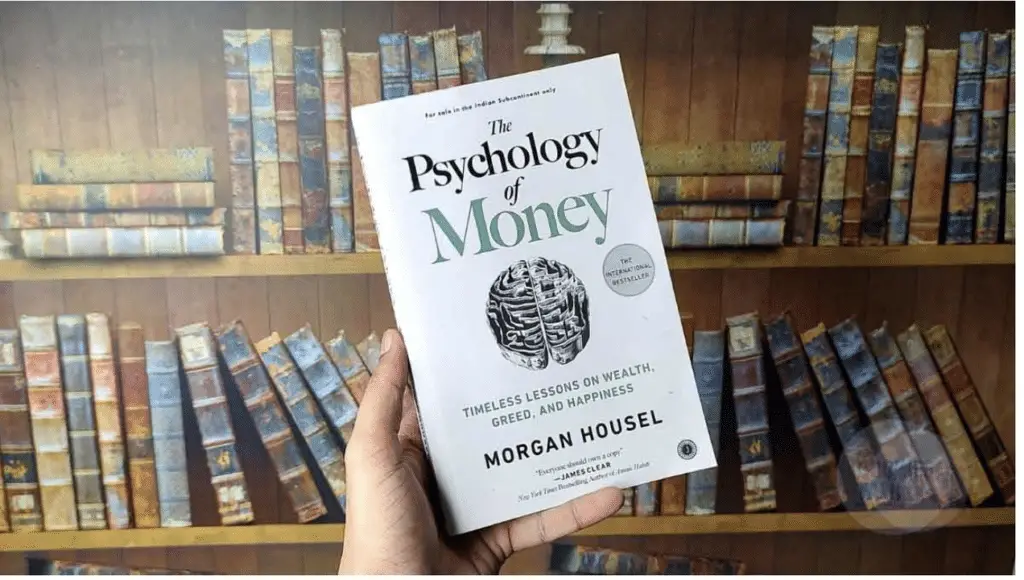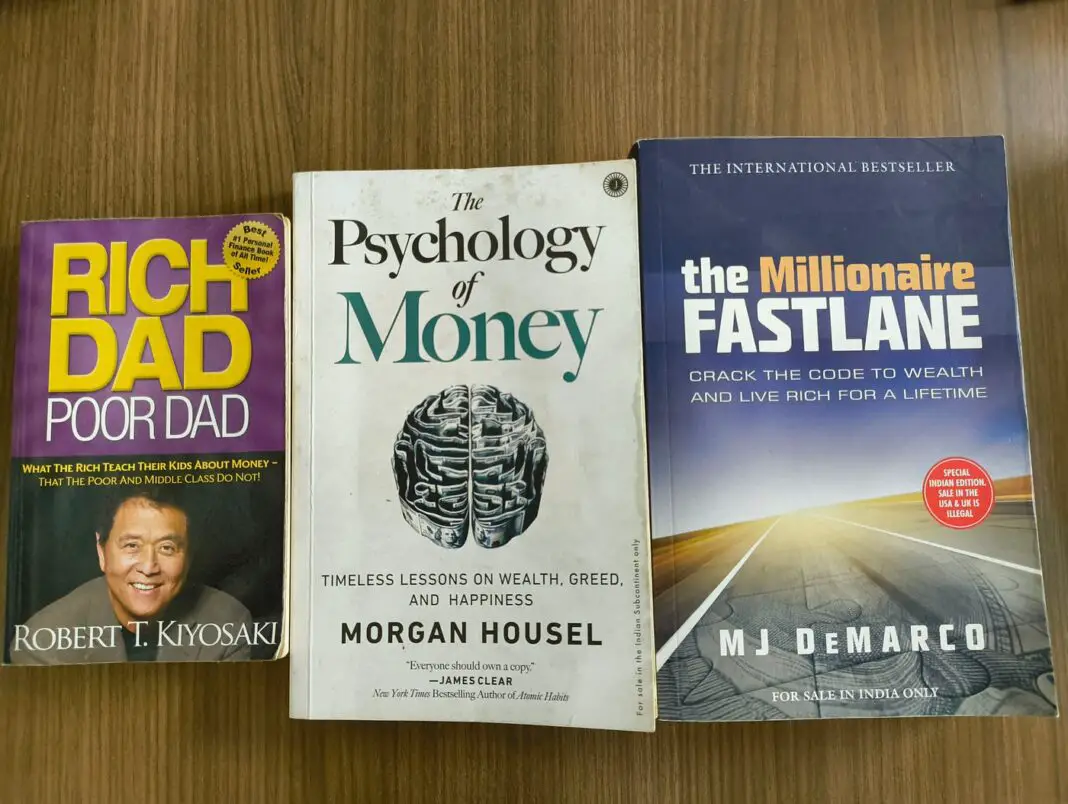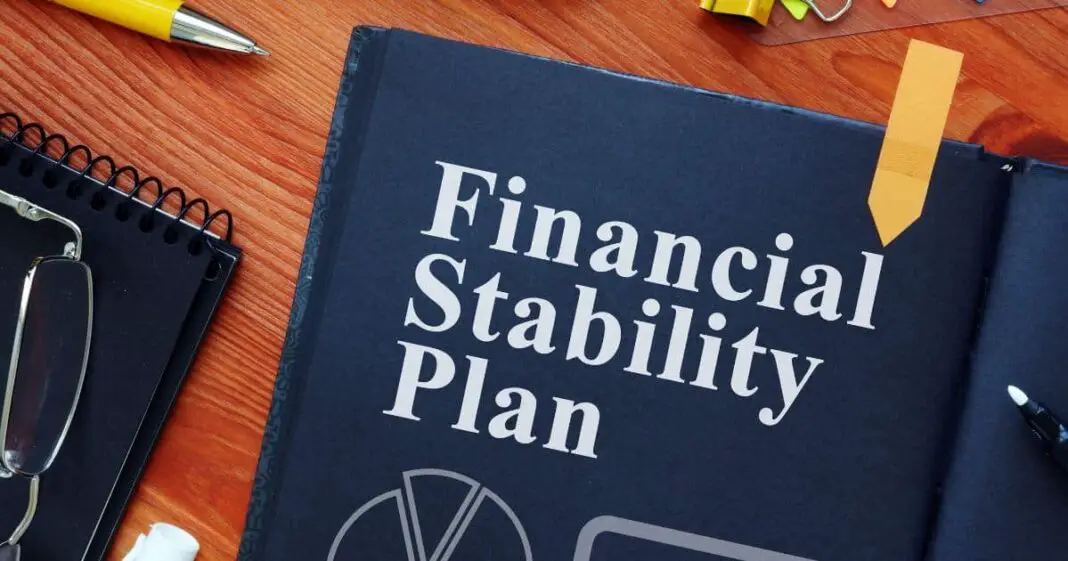It’s good you’ve decided to start building wealth. First off, let me just say—good for you! Deciding to take control of your finances is a huge step, and turning to books for guidance? Even better. Books are like having coffee with some of the greatest financial minds in history, minus the awkward bill-splitting at the end.
But where do you start? With thousands of wealth-building books out there, it’s easy to feel like a kid staring at a never-ending candy aisle. That’s why I’ve handpicked eight game-changing reads that can transform the way you think about money. These aren’t just any books—they’re the real deal, packed with practical advice, relatable stories, and wisdom that stands the test of time.
Why These Books?
I’m not tossing random titles at you like confetti. Every book on this list has earned its spot by delivering proven strategies, relatable insights, or timeless wisdom. Millions of people have found these books life-changing, and chances are, you will too.
The Essential Reading List for Wealth Creation
1. Rich Dad Poor Dad by Robert Kiyosaki

Picture this: You’re a kid with two dads—one who plays it safe financially and another who knows how to make money work for him. That’s Kiyosaki’s story, and through it, he’ll teach you the difference between assets and liabilities (hint: your car isn’t an asset, no matter how shiny it is). His advice on thinking like the wealthy might just flip your financial mindset upside down.
What you’ll learn:
- The difference between assets (money-makers) and liabilities (money-takers).
- Why working for money isn’t the ultimate goal—making money work for you is.
- How to shift your mindset to think like the rich.
2. The Intelligent Investor by Benjamin Graham

What if I told you Warren Buffett, one of the richest men alive, swears by this book? Since 1949 when this book was written, it has produced billionaires from all generations. It’s like that friend who tells you to stop splurging on lattes and start thinking about retirement. Learn about value investing and why playing it safe with a “margin of safety” can save you from sleepless nights.
What you’ll learn:
- Why some stocks are bargains and others are traps.
- The “margin of safety” concept—your shield against financial disasters.
- How to stay calm and rational when the market gets crazy.
3. The Psychology of Money by Morgan Housel

This one’s for anyone who’s ever made an emotional decision about money. (Haven’t we all?) Housel uses 19 fascinating stories to show how psychology—more than math—drives financial decisions. You’ll laugh, you’ll nod, and you might even rethink a few habits. Have you ever wondered why some people do well financially while others keep borrowing to make ends meet every month despite earning the same income? This book answers those questions excellently.
What you’ll learn:
- Being reasonable beats being purely rational when it comes to money.
- Luck and risk play bigger roles than we often admit.
- Your past shapes how you see money—but you can rewrite your story.
4. The Total Money Makeover by Dave Ramsey

Think of Dave Ramsey as the tough-love coach we all need sometimes. If you’re drowning in debt or feeling overwhelmed, this book lays out a step-by-step game plan to get you back on track. And it’s not just about paying off debt—it’s about building a future you’re proud of.
What you’ll learn:
- The famous “7 Baby Steps” to financial freedom.
- How to save for emergencies without feeling like you’re sacrificing fun.
- A no-nonsense approach to living debt-free.
Read Also: 7 Creative Passive Income Ideas You Can Start Today
5. The Simple Path to Wealth by JL Collins

Imagine your wise, down-to-earth uncle sitting you down for a heart-to-heart about money. That’s JL Collins. He originally wrote this book as a series of letters to his daughter, explaining concepts like index fund investing in plain, friendly language.
What you’ll learn:
- Why the stock market isn’t as scary as it seems.
- The magic of index funds for building wealth without stress.
- How avoiding debt is the ultimate power move.
6. Think and Grow Rich by Napoleon Hill

This book feels like a treasure map—complete with Xs marking the spots where persistence, belief, and action can lead you to success. Hill spent decades studying wealthy people, and his findings are as relevant today as they were back in the 1930s.
What you’ll learn:
- How your thoughts shape your financial reality.
- Why setting clear, specific goals is crucial.
- The underrated power of specialized knowledge.
7. The Millionaire Fastlane by MJ DeMarco

If you’ve never believed the whole “slow and steady wins the race” idea? So also was MJ DeMarco. In this book, he flips conventional wisdom on its head and shows you how entrepreneurship can speed up your wealth-building journey.
What you’ll learn:
- Why your job might not be your ticket to wealth.
- How to create businesses that scale and grow.
- The mindset shifts needed for rapid financial success.
8. The Little Book of Common Sense Investing by John C. Bogle

If you like your investing advice simple, solid, and straight to the point, this one’s for you. Bogle, the genius behind index funds, explains why slow and steady really can win the race—at least when it comes to long-term investing.
What you’ll learn:
- Active trading is often a losing game—here’s what works instead.
- Index funds: the unsung heroes of wealth building.
- How keeping costs low can boost your returns.
How to Get the Most Out of These Books
Reading these books is like planting seeds, but the growth only happens when you water them (a.k.a. take action). Start by:
- Taking notes on key insights.
- Setting specific, actionable goals.
- Joining online communities to share what you’ve learned.
- Revisiting these gems whenever you need a boost.
And remember, the goal isn’t just to hoard knowledge but to use it.
FAQs
1. Which book should I start with?
If you’re completely new to personal finance, Rich Dad Poor Dad is a fantastic starting point.
2. Are these books relevant today?
Absolutely. While some were written decades ago, their principles are timeless and adaptable.
3. What if I find investing intimidating?
You’re not alone! Start small, focus on understanding the basics, and remember, everyone was a beginner once.
4. Can I skip any of these books?
Of course! Focus on the ones that align with your current goals and interests



